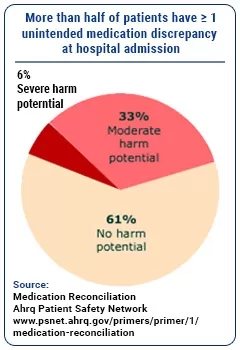
Medication Management Solutions
At CHS, our clinical team plays an important role in offering medication management services to the patient. Many patients knowingly or unknowingly need medication help for many reasons.
Patient Assistance Program
Increasing health care charges are affecting patients nationwide. As employers and insurance companies face high expenses, they may move to a cost-sharing strategy, which potentially increases financial burdens on patients. Clinical encounters in which patients experience financial hardship can be awkward and frustrating for both parties. Financial Burden is a significant reason for therapeutic failure and medication noncompliance. As patients face higher out-of-pocket costs, they may face limited healthcare access. Central Health Solutions (CHS) has established the Patient Assistance Program as a Patient-centered strategy to improve the accessibility of patients to essential therapies and to ensure continuity of care.
- Discharged from the hospital/ nursing home
- Multiple insurances
- Multiple pharmacies
- Therapeutic duplications
- Drug Drug Interactions
- Specialty medications
- Retail vs Mail order confusion
- Patient assistance programs
- Manufacturer Programs enrollment
- Medication Reconciliation
- Non Adherence
- Non Compliance
